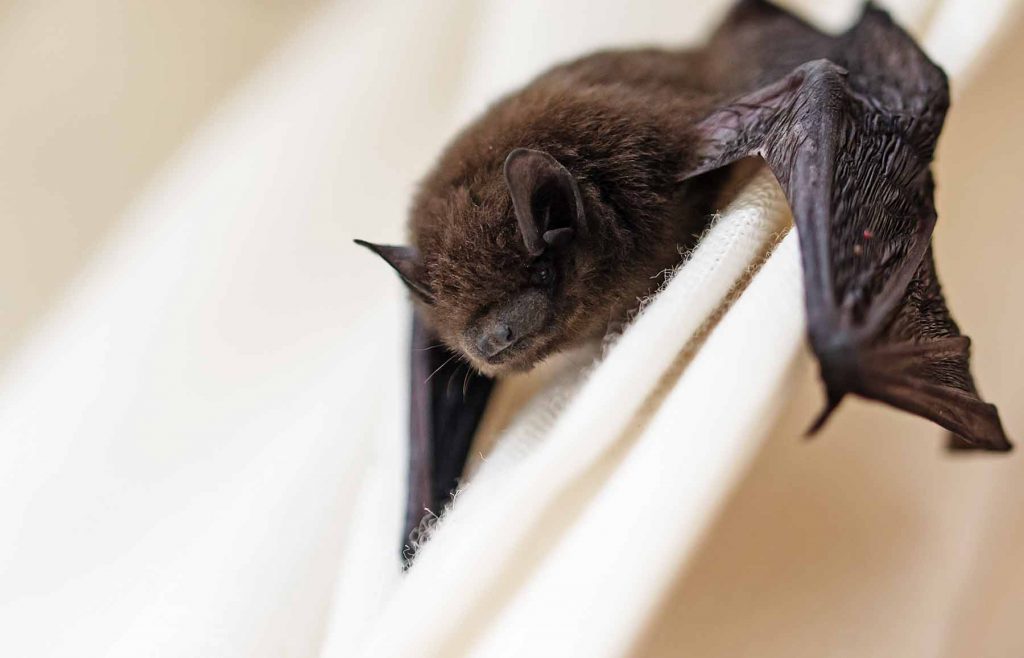Squirrels, often considered adorable creatures in our natural surroundings, can harbor various diseases that pose potential risks to human health. From tick-borne illnesses like Lyme disease to bacterial infections such as leptospirosis, the range of ailments carried by squirrels is concerning. Understanding the implications of these diseases, their symptoms, and how to prevent them is crucial for safeguarding public health. Stay tuned to uncover the lesser-known dangers that these seemingly harmless rodents can carry and the measures that can be taken to mitigate these risks.
Key Takeaways
- Squirrels transmit diseases through direct contact or contaminated sources like Leptospirosis.
- Squirrelpox virus poses a significant threat, impacting ecosystems and wildlife health.
- Early detection of symptoms like fever, fatigue, and neurological signs is crucial for timely treatment.
- Prevention measures such as habitat modification, repellents, and vaccination help mitigate risks of squirrel-borne diseases.
Types of Squirrel-Borne Diseases
Exploring the various diseases carried by squirrels sheds light on the potential health risks posed by these small mammals. Disease transmission from squirrels to humans can occur through direct contact with infected animals or indirectly through contaminated soil or water. One of the most concerning diseases transmitted by squirrels is leptospirosis, a bacterial infection that can cause flu-like symptoms and, if left untreated, lead to more severe conditions such as kidney damage.
In addition to the direct health implications, squirrel-borne diseases can also have an ecological impact. For instance, the spread of diseases like squirrelpox virus among squirrel populations can disrupt the balance of local ecosystems by affecting the population dynamics of these animals. This disruption can have cascading effects on other species that rely on squirrels for food or play a role in seed dispersal, potentially leading to broader ecological consequences.
Understanding the types of diseases squirrels carry is crucial for mitigating the risks associated with these small mammals and maintaining ecosystem health.
Symptoms to Watch Out For
When monitoring for potential squirrel-borne diseases, it is essential to be vigilant for specific symptoms that may indicate a health risk. Early detection of these symptoms is crucial for taking important steps promptly. Some common symptoms to watch out for include fever, fatigue, headaches, muscle aches, and neurological signs like confusion or numbness. Skin rashes, respiratory issues, and gastrointestinal problems can also be indicative of squirrel-related diseases. If you have been in contact with squirrels or suspect exposure to diseases they may carry, monitoring your health for these symptoms becomes even more critical. Seeking treatment at the onset of any concerning signs is vital in preventing the progression of the illness. Paying attention to changes in your body and promptly consulting a healthcare professional if symptoms arise are key actions to take when dealing with potential squirrel-borne diseases. Early detection and monitoring behavior can lead to timely treatment and better outcomes.
Prevention and Control Measures
Implementing effective prevention and control measures is crucial in minimizing the risk of contracting diseases carried by squirrels. To reduce the chances of exposure to squirrel-borne illnesses, individuals can take certain precautionary steps.
Prevention and Control Measures:
| Prevention | Control |
|---|---|
| Habitat modification: | Wildlife management: |
| – Seal off entry points | – Trapping squirrels |
| – Keep surroundings clean | – Relocating squirrels |
| Repellents: | Vaccination: |
| – Use squirrel repellents | – Vaccinate pets |
Habitat modification involves making changes to the environment to discourage squirrel habitation, while repellents can deter them from specific areas. Wildlife management includes trapping and relocating squirrels to prevent contact with humans. Additionally, vaccination of pets can protect them from diseases that squirrels may carry. By implementing these measures, individuals can help safeguard against the spread of illnesses transmitted by squirrels.
Treatment Options for Infections
To address infections resulting from exposure to diseases carried by squirrels, understanding the available treatment options is essential for effective management of such illnesses. When dealing with infections caused by squirrel-borne diseases, individuals have several treatment options to consider:
- Antibiotic therapy: Antibiotics are commonly prescribed by healthcare providers to combat bacterial infections transmitted by squirrels. It is crucial to follow the prescribed dosage and complete the full course of antibiotics to ensure the infection is fully eradicated.
- Surgical intervention: In severe cases where infections have led to abscesses or other complications, surgical procedures may be necessary to drain the infected area or remove damaged tissues. Surgical intervention is typically reserved for advanced infections that do not respond well to other treatments.
- Home remedies: Some individuals may opt for home remedies or natural treatments to alleviate symptoms or support the healing process. While these can sometimes provide relief, it is essential to consult with a healthcare professional before relying solely on home remedies for treating infections.
Risks of Untreated Squirrel Diseases
Neglecting to address infections stemming from diseases carried by squirrels can lead to escalating health risks and complications over time. Untreated squirrel-borne illnesses not only pose a threat to individual well-being but also have wider public health implications. Failure to seek proper medical attention can result in the progression of the disease, potentially leading to severe symptoms and long-term health issues.
| Risks of Untreated Squirrel Diseases | Consequences |
|---|---|
| Delayed Treatment | Increased severity of symptoms |
| Lack of Proper Care | Higher risk of complications |
| Ignoring Symptoms | Long-term health implications |
Addressing squirrel-related infections promptly is crucial not only for personal health but also for preventing the spread of diseases within communities. Seeking medical attention, following treatment recommendations, and considering wildlife rehabilitation when necessary can help mitigate the risks associated with untreated squirrel diseases. By taking proactive steps, individuals can safeguard their well-being and contribute to the broader public health efforts aimed at controlling the spread of zoonotic diseases.


